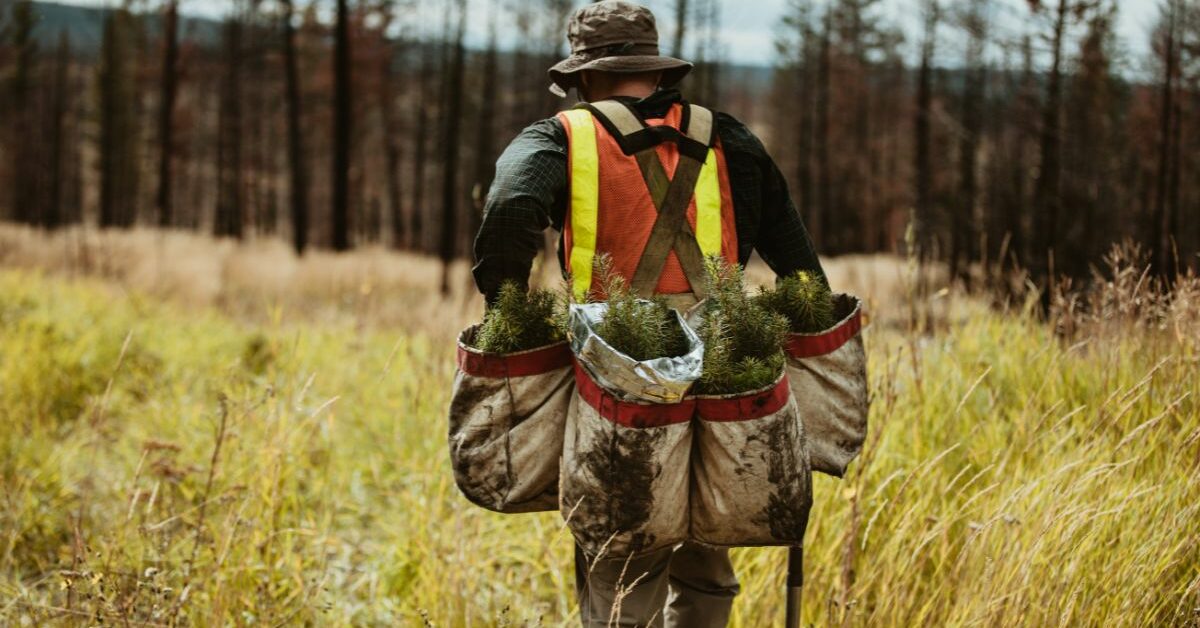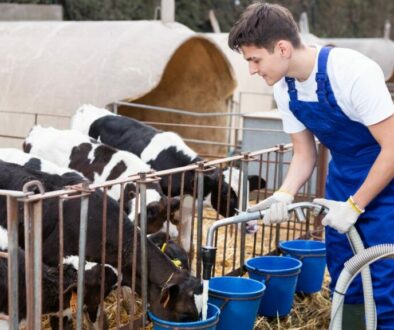How To Become A Conservationist?
In today’s world where the environment is constantly under threat, the need for conservationists has become more vital than ever before. Conservationists are individuals who work towards protecting and preserving natural resources, including animals, plants, and their habitats. If you’re passionate about nature and wildlife and want to make a difference by becoming a conservationist, here are some steps you can take:
Steps To Becoming A Conservationist
The path to becoming a conservationist involves several important steps that you need to follow:
- Educational Qualification:
Acquiring the right educational qualification is crucial to becoming a conservationist. Pursuing a degree in wildlife biology, botany, environmental science, or any related field can be your gateway to becoming a conservationist. These degrees will provide you with the necessary knowledge and skills to understand the complexities of conservation and the environment.
- Gain Work Experience:
Many conservation jobs require prior experience, so it’s essential to gain relevant work experience. Look for internship programs or volunteer opportunities that will help you get hands-on experience in your field of interest. This experience will give you a better understanding of the practical aspects of conservation and help you develop the necessary skills to work in the field.
- Build A Network:
Building a network in the conservation field is vital. Attend seminars, workshops, and conferences related to the field. Join local conservation groups or organizations and get involved in their activities. This will give you the opportunity to meet like-minded individuals, learn from them, and make valuable connections that can help you in your career.
- Specialize In A Specific Area:
Choose an area of specialization within conservation. For example, you can specialize in marine conservation, wildlife conservation, or forestry conservation. Specializing in a specific field will help you gain more knowledge and expertise in that area. It will also help you focus your efforts on a specific cause and make a more significant impact in that area.
- Keep Learning:
It’s important to stay updated with the latest developments in your field. Keep learning by attending seminars, workshops, or taking online courses related to conservation. This will help you stay up-to-date with the latest trends and technologies in the field and help you develop new skills and knowledge.
Becoming a conservationist is a rewarding and fulfilling career path. By following these steps, you can develop the necessary skills and knowledge to make a difference in the world and help protect our planet’s natural resources for future generations.
Skills Needed For Becoming A Conservationist
Besides education and experience, there are several skills that are essential for a career as a conservationist. Conservationists play a vital role in preserving and protecting our natural world, and the work they do is critical to the future of our planet. Here are some additional skills that can help you become a successful conservationist:
- Passion for Nature: A conservationist should have an undying passion for nature and wildlife. Only those truly passionate about the environment can carry out the necessary work that is required for conservation. Conservationists need to be dedicated to their work and willing to put in long hours and hard work to achieve their goals.
- Effective Communication: Good communication skills are vital for a conservationist as they need to work with a wide range of people, including policymakers, scientists, and the general public. Conservationists need to be able to communicate complex scientific ideas to non-scientific audiences and work collaboratively with a diverse range of stakeholders to achieve their goals.
- Problem Solving: The conservation field requires excellent problem-solving skills. A conservationist needs to find practical solutions to difficult problems that arise in habitats and ecosystems. They need to be able to analyze complex data, identify patterns, and develop innovative solutions to environmental challenges.
- Field Skills: Field skills are essential for a conservationist. They need to be familiar with various tools used in the conservation field such as GPS, binoculars, and cameras. They also need to be able to navigate different terrains and environments and have a good understanding of the flora and fauna in the areas they work in.
- Physical Stamina: A career in conservation demands that the practitioner remains physically fit and capable of working in different environments. Conservationists often work in remote locations, and they need to be able to hike long distances, carry heavy equipment, and work in extreme weather conditions.
Conservationists play a critical role in protecting our natural world, and the work they do is vital to the future of our planet. If you are passionate about the environment and want to make a difference, a career in conservation may be right for you. Developing the skills outlined above can help you become a successful conservationist and make a positive impact on the world around you.
What Is A Conservationist?
A conservationist is not just a profession, it is a way of life. It is a philosophy that is centered on preserving the natural world for future generations. Conservationists understand the importance of maintaining a balance between the needs of humans and the needs of the environment. They work tirelessly to protect our planet’s natural resources, including plants, animals, land, and water.
Conservationists come from all walks of life and have a variety of backgrounds. Some are scientists, while others are educators, activists, or volunteers. What unites them is their passion for nature and their dedication to preserving it.
One of the main goals of conservationists is to ensure that the world’s natural resources remain abundant and sustainable. This means that they work to prevent the depletion of resources such as forests, oceans, and wildlife populations. They also work to prevent pollution and the degradation of natural habitats.
Conservationists work in many fields, including forestry, wildlife management, and natural resource management. In forestry, they work to ensure that forests are managed in a sustainable way, so that they can continue to provide us with timber, fuel, and other resources. In wildlife management, they work to protect and conserve endangered species, while also managing populations of game animals for hunting and other purposes. In natural resource management, they work to ensure that water, minerals, and other resources are used in a sustainable way.
Conservationists also play an important role in educating the public about the importance of conservation. They work to raise awareness about environmental issues and to encourage people to take action to protect the planet. They also work to promote sustainable practices, such as recycling, energy conservation, and the use of renewable resources.
Conservationists are dedicated individuals who work tirelessly to protect our planet’s natural resources. They come from all walks of life and work in many fields, but they share a common goal: to ensure that the world’s natural resources remain abundant and sustainable for future generations.
The Benefits of Working as A Conservationist
Working as a conservationist can be a highly rewarding career choice. Not only do you get to work for a good cause and make a difference in the world, but you also get to work in a dynamic and exciting field. You’ll have the opportunity to work with diverse individuals and engage in meaningful work.
Conservationists work to protect and preserve natural resources such as forests, oceans, and wildlife. They work to prevent pollution, deforestation, and climate change. By doing so, they help to ensure that future generations will have access to the same resources that we do today.
One of the benefits of working as a conservationist is that you get to work outdoors. You can enjoy the beauty of nature while also working to protect it. You may spend your days hiking through forests, studying wildlife, or working on a farm. This type of work can be physically demanding, but it can also be incredibly rewarding.
Another benefit of working as a conservationist is that you get to work with a variety of people. You may work with scientists, farmers, policymakers, and community members. This type of work requires collaboration and communication. You’ll have the opportunity to learn from others and share your own expertise.
Conservation work can also be intellectually stimulating. You’ll be constantly learning about new technologies, scientific discoveries, and policy changes. You’ll need to stay up-to-date with the latest research and be able to apply it to your work. This type of work can be challenging, but it can also be incredibly fulfilling.
If you care about the environment and wildlife and want to make a difference in the world, a career as a conservationist is an excellent path to take. By following the steps mentioned earlier, developing the required skills, and specializing in an area of conservation, you can make a difference to our world and contribute towards its long-term sustainability.




